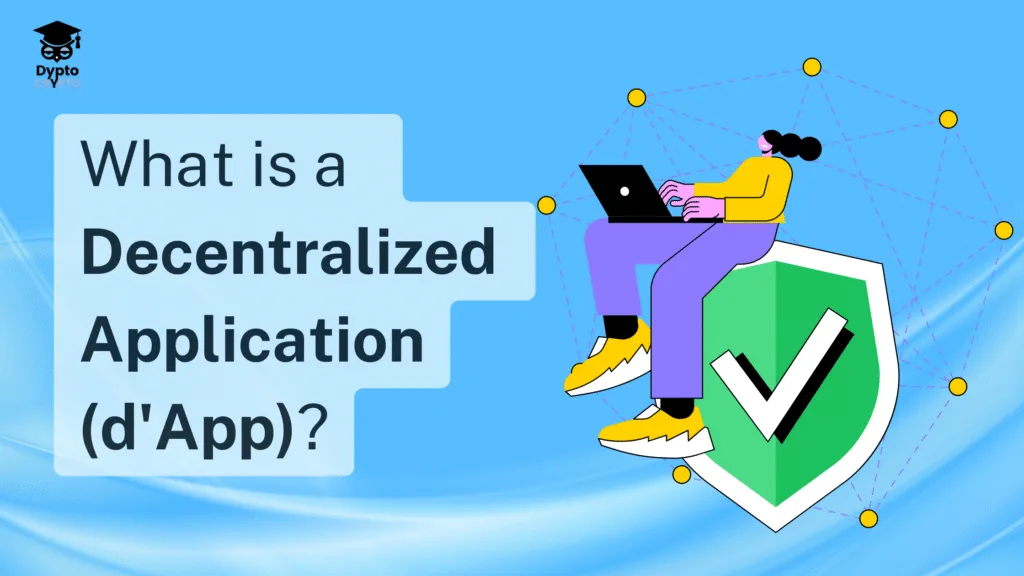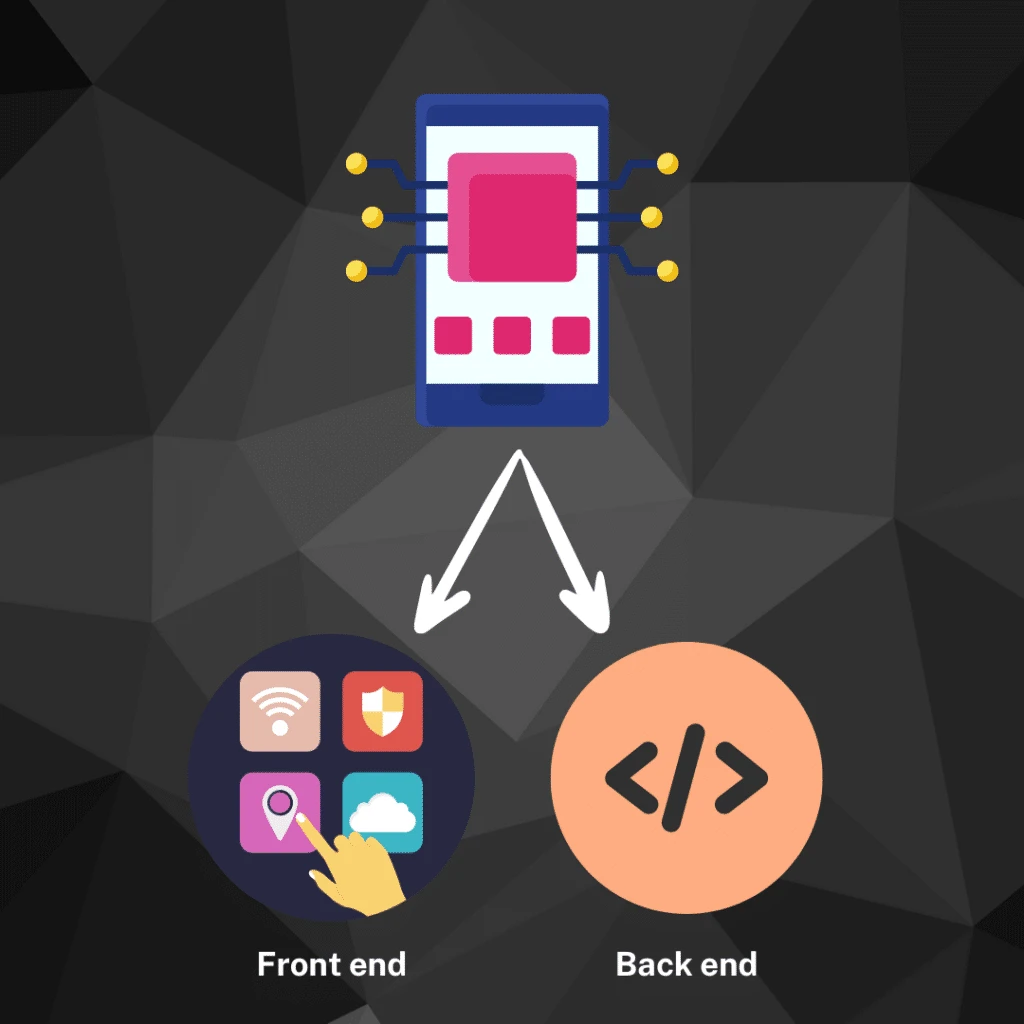What is a Decentralized Application (d’App)?
A decentralized application (d’App), is a software program that runs on a peer-to-peer network, like a blockchain. It is decentralized because it doesn’t fall under the control of a single, centralized authority.
The Long Definition
A d’App (decentralized app) is an application that runs on a decentralized network. Such a network is not controlled by a single entity/authority. It is, instead, maintained by multiple participants called nodes. These nodes share the responsibility of processing, storing, and transmitting data.
This means that a decentralized application runs on many computers at once and the data is replicated across all computers in the network.
For example, there are d’Aapps for file storage enabling the data for one user’s files to be stored on computers all over the world instead of one central computer.
This gives decentralized application immunity against issues such as server outages, centralized data being hacked or shut down by authorities, and data being seized by third parties.
Blockchains are some of the most popular decentralized networks in the modern world. So today, most D’apps are built on blockchain technology. This is the type of dApps we will be exploring in this article.

How Does a Decentralized App (d’App) Work?
A dApp consists of two parts. There is the front end, which is the user interface that people interact with, and the back end. This is the code responsible for validating user actions and executing those actions. It is typically a self-executing agreement, commonly known as a smart contract.
The front end and back end are typically connected via a decentralized network protocol. The front end is hosted on many computers across the network, while the back end is hosted on computers controlled by the app’s developers.
The decentralized nature of dApps means that the app’s backend code runs on many computers at once, even if the app is not actively being used by anyone. This allows dApps to achieve scalability in a way that centralized applications cannot.

Examples of d’Apps
Decentralized applications are still relatively new, but there are already many examples used by millions of people.
Online Marketplaces:
Two examples are OpenBazaar and BitBond.
OpenBazaar is a traditional marketplace like Amazon. The main difference is that it is decentralized and purchases are made with cryptocurrency. BitBond, on the other hand, is a financial marketplace for blockchain-related products such as NFTs and cryptocurrencies.
Social Media:
The social media site Mastodon is an example of a decentralized social media platform. Unlike a centralized social media platform like Facebook, Mastodon operates on multiple independently operated servers that can communicate with one another. All of Facebook’s servers are controlled by the company Meta.
File Storage:
There are many decentralized file storage platforms, including IPFS, Storj, and Sia. These allow you to store your data on the cloud. But instead of uploading to centralized serves, the data will be stored across independent computers in the network.
Internet of Things:
The Internet of Things (IoT) refers to many devices that now use the Internet to perform their functions such as watches – that have been around longer than the internet, but the modern versions of them basically have tiny computers built into them.
The decentralized Oracle blockchain network SIRI is used to create secure connections between devices and apps.
Benefits of Decentralized Applications
Decentralized applications have many advantages over centralized applications, including increased security, reliability, and anonymity.
They are highly resistant to censorship or being shut down because no central authority governs them. And, since d’Apps are spread over so many computers, they are resistant to problems like hardware malfunctions and power outages.
